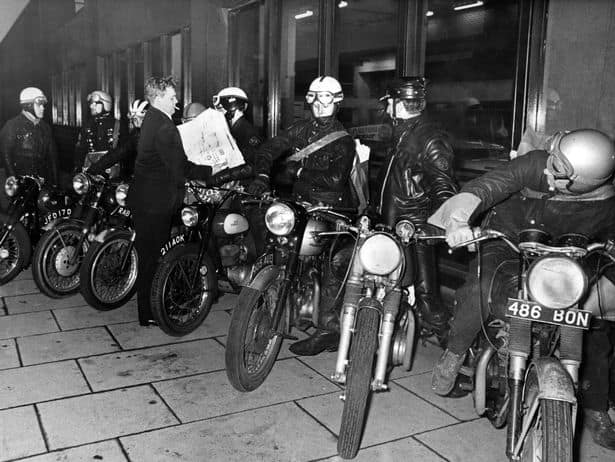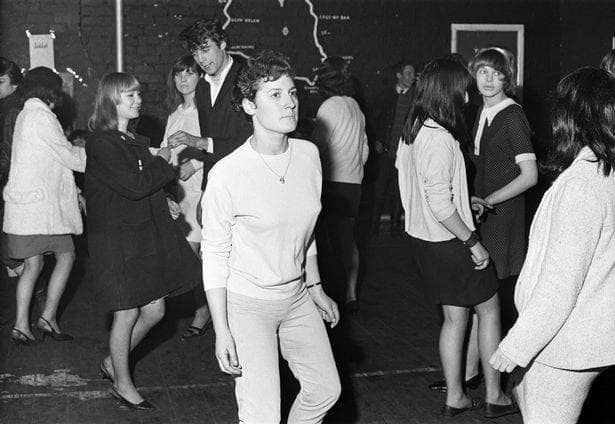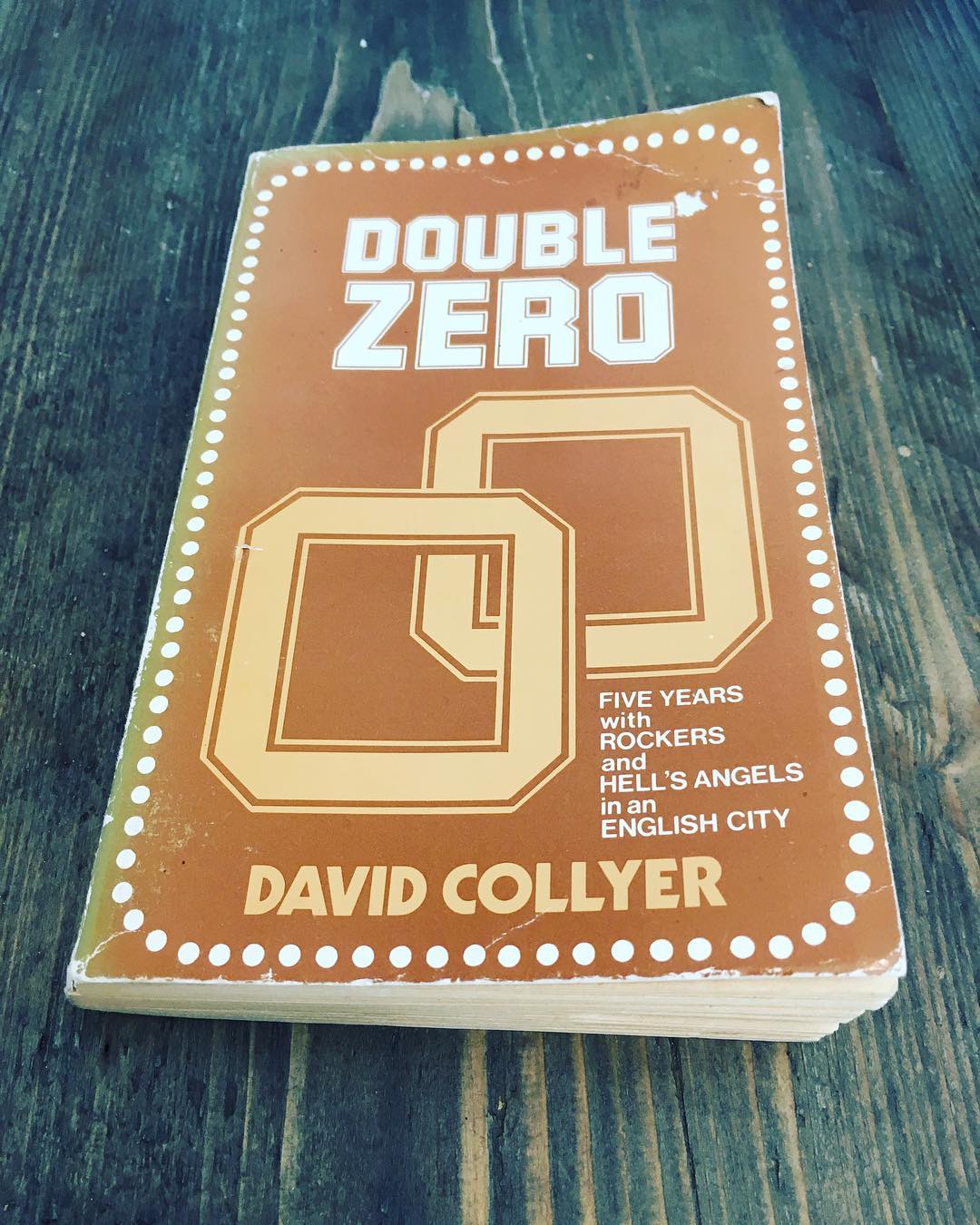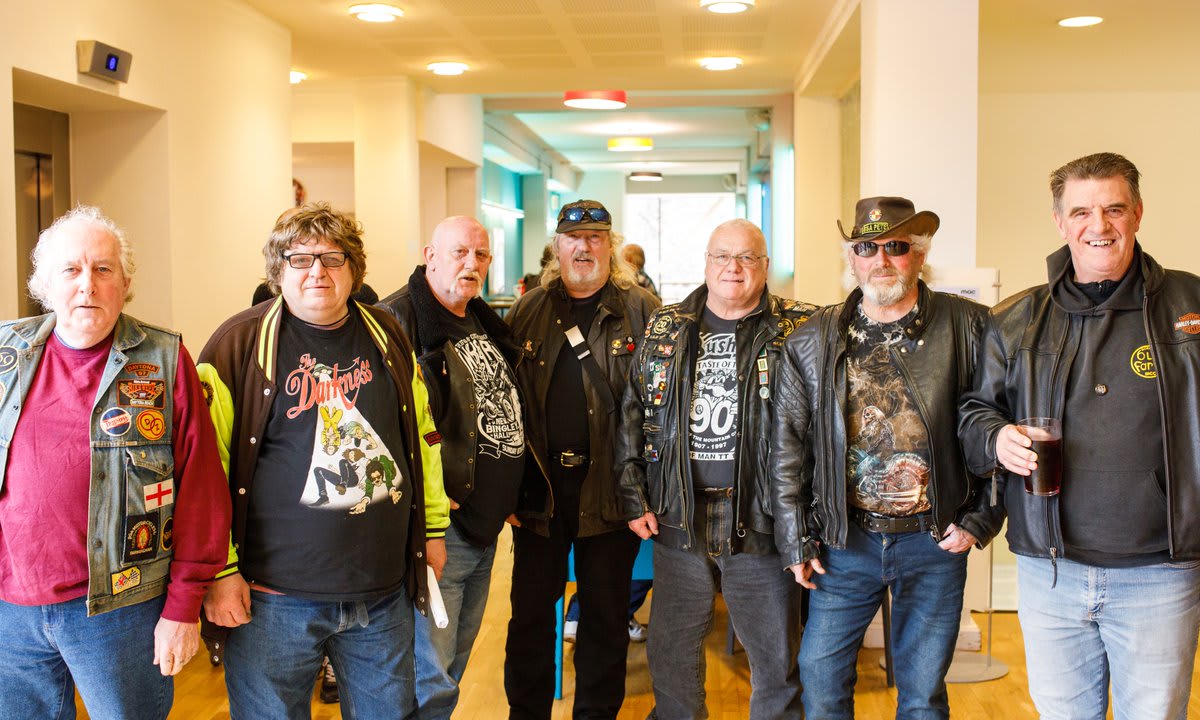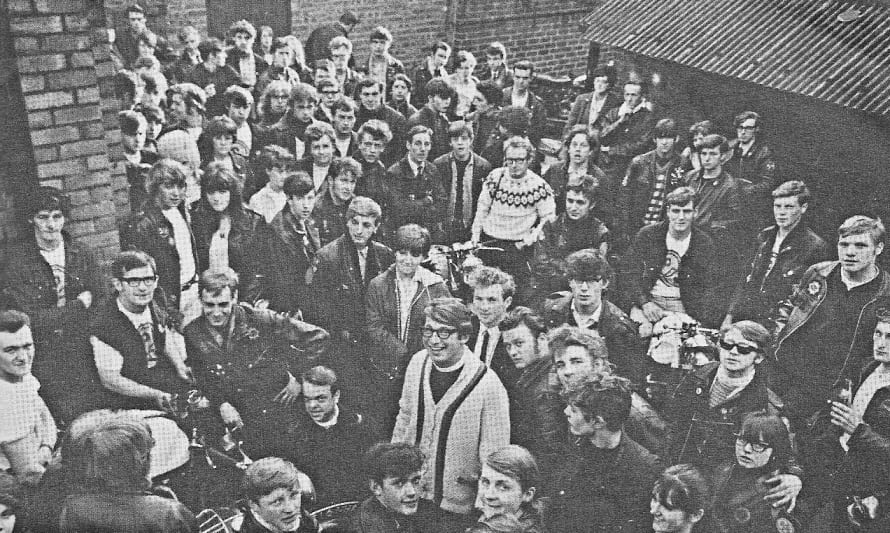
Worth less than nothing?
Emerging from my research into subcultures for the Birmingham 68 project with Flatpack, it is impossible to deny that the reputation of the 1960s as one of the most transitory and surprising decades in the last century has been firmly cemented.
The youth of the day were beginning to think for themselves instead of toeing the line set down by their more conservative parents. Out of gloomy, post-war austerity was born sexual liberation, and an unprecedented and explosive pop and fashion culture. At times, these new-found freedoms came at a great cost. While the year 1967 connoted “The Summer of Love”, it was a mere year later that rioting and restlessness became the order of the day and, for many, the mention of 1968 conjures up images of Parisian streets awash with students fighting armoured police. The cultural movements of Birmingham at this time have largely been overshadowed by the likes of Paris and yet, having delved into untold stories of the second city, it is clear that young people were as equally progressive here as elsewhere in the country and the continent. Significantly, what we can see from within the Birmingham biker scene is not only a strong desire for expression and growth but also a fascinating willingness towards cooperation and a blending of rebellious youth subculture and traditional institutions.
As a team our aim is to look intently at what the year meant to Birmingham and, along with my colleague Joe Georgiou, I have explored the “Double Zero” club, an organisation set up by Rev. David Collyer in 1966 at the still active St. Basil’s church in 1960s Deritend. The aim of this organisation was to provide a place where the “unattached” of Birmingham, particularly youths facing various kinds of hardship, could meet in safety and security. The club was domesticated with the addition of various features such as a coffee bar, pinball machine, TV set, and music equipment. The intention for the club was that it would become a place for Birmingham youth, run by Birmingham youth, with a focus on minimal intervention on Collyer’s part and other people working in a religious capacity. The Double Zero club (so-called because its members felt that according to society, they were worth “less than a zero”) was given a bikers’ theme and became very much a place for lads and lasses to display their bikes and foster relationships through this common interest.
That said, the Double Zero club was not completely secular, as attested to by Collyer in his book, Double Zero: Five Years With Rockers And Hell’s Angels In An English City (Fontana Books, 1973; republished in 1983 by Arthur James Limited, pictured below). According to the book, Collyer would preach from time to time, officiated weddings and christenings for the members of the club and, sadly, many biker funerals where they had met with terrible accidents on account of their speed and general daring. When reminiscing about the atmosphere of the club Collyer reports that indeed many of the young bikers who claimed to have no religious affiliation were at times quite overcome with emotion. If they did not have a religious experience, at the very least they felt a collective spirituality which came from their love of bikes and their kinship with other riders, suggesting that the club had created and protected a family of sorts within this side-lined group of misfits.
Despite bouts of trouble where rival biker groups tried to come in and upset the progress that had been achieved at St. Basil’s, the members of the Double Zero were frequently a force for good in the community, engaging in various fundraisers and charitable activities, assisting roadside accidents and couriering emergency blood supplies to transfusion units at local hospitals. Moreover, the club came to the attention of a Cultural Studies student at the University of Birmingham, Paul Willis, who later went on to achieve eminence in his field. He made the Double Zero a focus of his PhD thesis, which looked at the behaviours of the group, particularly their relationship with music.
So significant were the actions of the DZ deemed that they also received media attention from such popular corporations as the B.B.C. and A.T.V., the latter of which produced footage documenting the culture of the club (a selection of which has now become available for viewing by MACE). The Double Zero Club closed in 1971, with David Collyer going on to operate in various ancillary activities over the years. He still lives in Birmingham today, and happily contributed to the Flatpack Film Festival Double Zero retrospective at the MAC (Midlands Arts Centre) in April 2018, where he, alongside leading members of the club, charismatically imparted his experiences to us, a mixed audience of festival volunteers, former DZ members, and general enthusiasts.
Although a number of original DZ members, now into their seventies, appeared to be heckling David Collyer from the audience, I quickly realised that it was all in jest. The fact that so many turned up to listen and contribute, as well as to proudly show off their bikes and old jackets emblazoned with DZ badges, was testament to their continued appreciation and devotion to what the club stood for. Amongst the expletives and the giggling, there was a jovial and nostalgic atmosphere about them as though they were saying this is “Our Dave” and that they were grateful to be part of something special. Above all, Collyer and his bikers exuded a sense of pride in the club’s legacy of producing “proper bikers”, demonstrating how cultures old and new could co-exist and work together for something positive even at such a unique and transitory moment in time for the city.
For more insights into the DZ and to hear from more members of the club, have a listen to our Birmingham 68 Podcast. Containing interviews with old members as well as David Collyer, it's a brilliant window into what the club meant to the young bikers of Brum and is just 1 of 3 podcasts delving into many aspects of the city at that time.
Written in contribution to Birmingham 68, an ongoing research project into the culturally significant changes and events happening in the city around 1968. Supported by the Heritage Lottery Fund, the project has enlisted the help of a dedicated group of local historians to produce a series of blog posts, podcasts and a final publication due to be released in early 2019.

